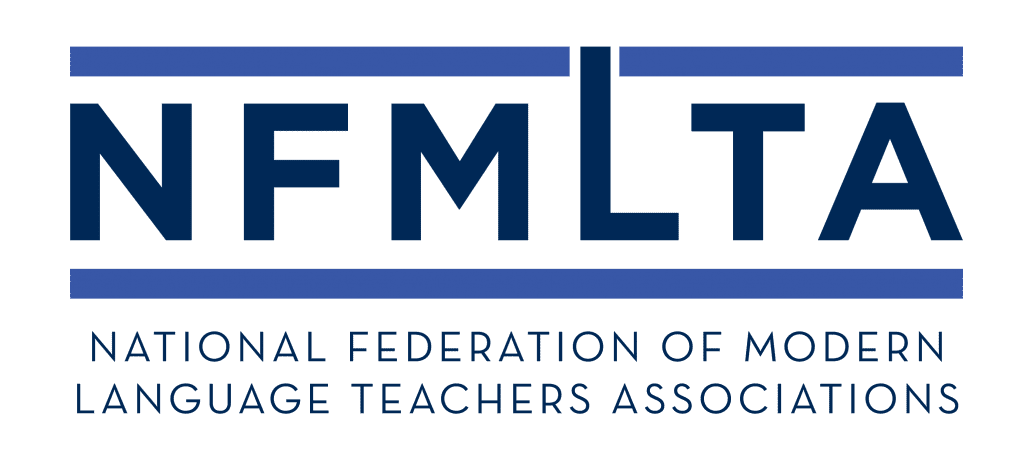The NFMLTA/MLJ invites proposals worldwide for funding small conferences or
symposia/colloquia. The chosen theme should be of significant current theoretical or practical interest in the field of language teaching and learning.
For 2023, one award in the amount of up to $10,000 will be made.
Proposals should be submitted electronically as PDF attachments to the MLJ editorial office at
modlangj@iupui.edu
The NFMLTA/MLJ Roundtable Conference Grants are open across a range of topical areas. However, the topic should align with the mission of the journal, to link cutting-edge research with applications/implications for teaching and learning in diverse educational settings, to diverse student groups, and with diverse languages. Preference will be given to events that
include a focus on non-English language teaching and learning. The roundtables can take a variety of formats, among them meetings of a group of researchers to chart future research and practice in a particular field; small conferences that are open to the public; or symposia/colloquia held in conjunction with existing conferences.
The proposed event should lead to a paper or set of papers to be published in a scholarly venue, including, potentially, articles, a guest edited issue, or the Perspective columns in the MLJ. In the case of a guest edited issue, proposals should be first submitted to MLJ. Also, after its conclusion, Roundtable organizers are expected to submit a summary of the event of approximately 1,000 words.
Proposals are to be submitted by a principal organizer, who will assume responsibility for the event and for subsequent publication of the results. Proposals should include the following materials:
- Title of the event
- Description of and rationale for the proposed roundtable/conference/colloquia, including likely audience and possible outreach beyond the language studies field
- Short description that situates the topic of the event within the relevant literature
- Location, timing, length, and format of the event, including, where applicable,
names of presenters and topics/titles of presentations; submission of presenters’
names assumes that they have been contacted and would commit to the event upon funding availability.
This information should be presented in a document about 1,000–1,500 words in
length.
- Names and short (2-page) curricula vitae of the organizer(s)
- Budget table and brief narrative
Decision-making criteria include timeliness and likely impact of the proposed event and topic, the likely contribution of participants, and potential interest for the MLJ readership and broader communities of applied linguists and language educators.
Note that funds are intended to be spent on participant travel, accommodation, meals, and incidental expenses associated with hosting the conference; the NFMLTA/MLJ does not pay indirect costs to institutions. Funds should be spent by no later than the end of the calendar year
- Also, grants will not be made to individuals; instead, they go to hosting institutions.
Applicants are responsible for determining the institution’s requirements to ensure that it is prepared to administer the funds if the grant is awarded.
After notification of the award, transfer of the funds to the proposer’s institution will be arranged in a timely manner.
